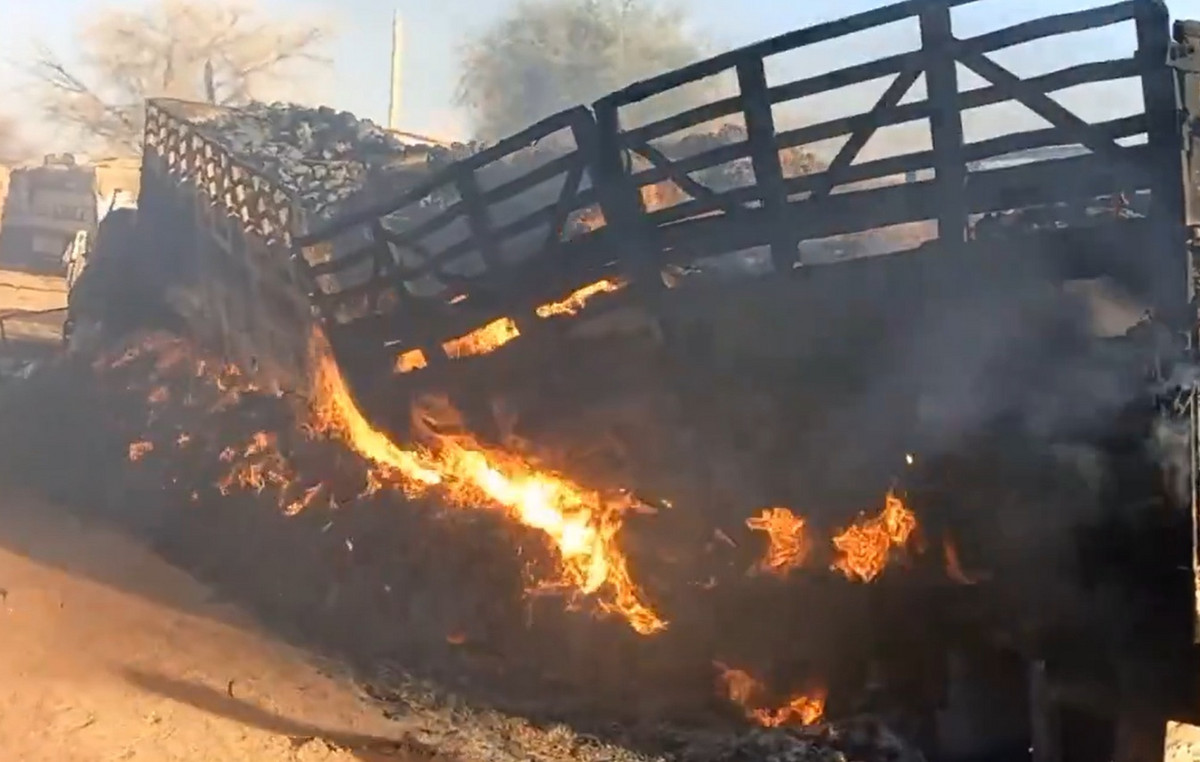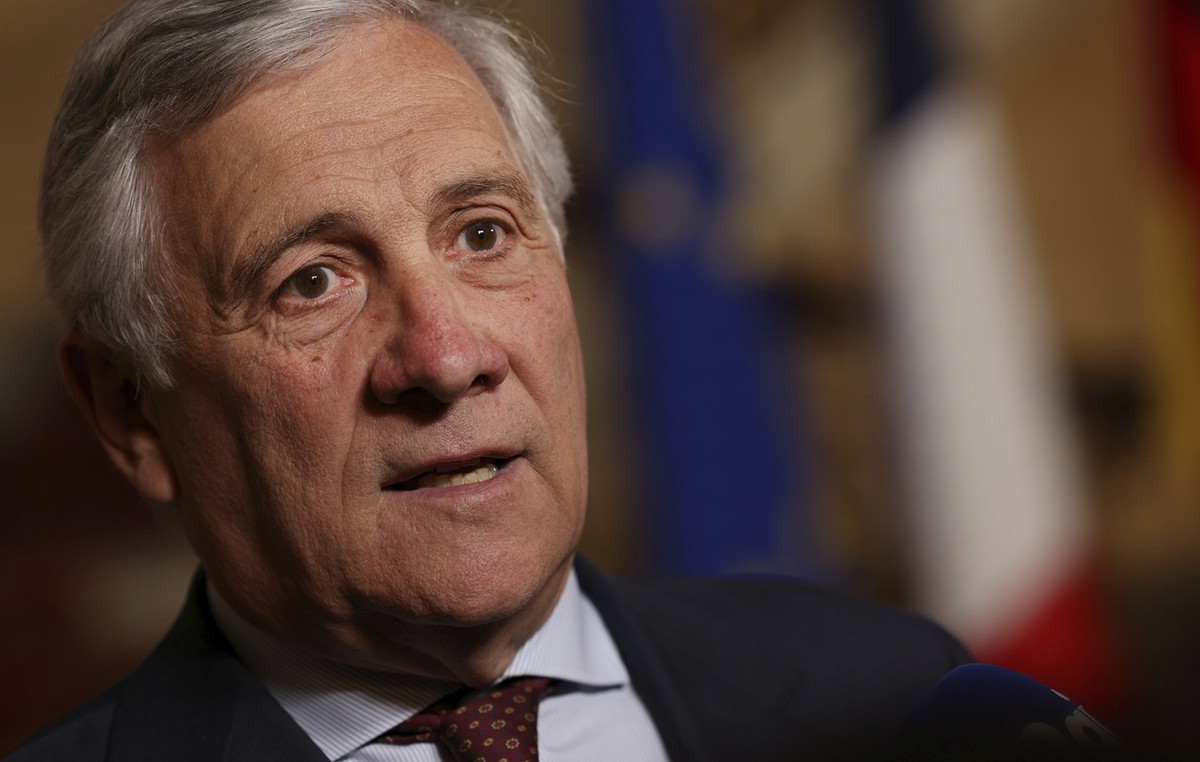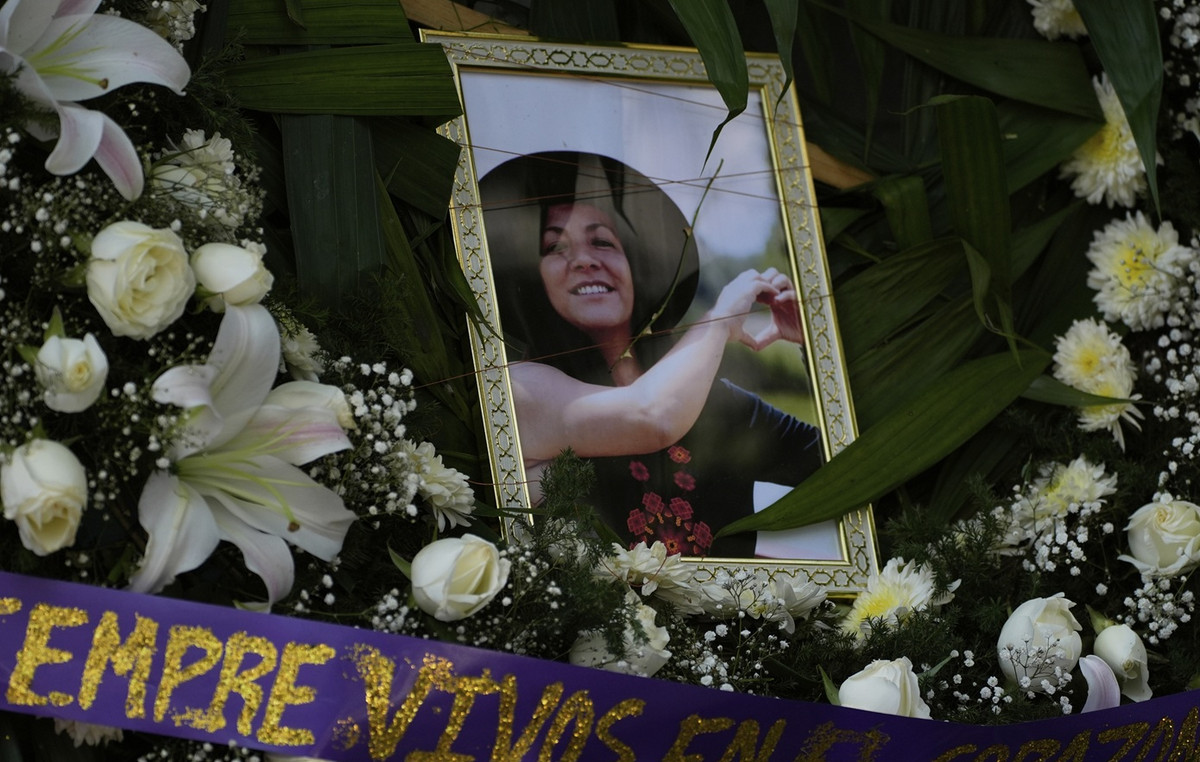Brazil has advanced in the last ten years in risk management, but has not yet been able to transform it into public policies.
This is the assessment of Professor Eduardo Mario Mendiondo, from USP, who is co-author of a study published in the journal nature About the subject.
The research, which had the participation of 91 scientists from several countries, pointed out that risk management reduces the effects of floods and droughts, but has limited scope to minimize the impacts of occurrences.
In an interview with CNN Radio Mendiondo stated that risk management “brings indicators on the vulnerability that society has, such as droughts and floods, and the degree of exposure in areas of different urbanization.”
“The study evaluates these risk factors, but works on how to communicate in an accessible language for the exposed population and for decision makers”, he explained.
According to the professor, Brazil is making progress in risk management, since the creation, 10 years ago, of a national support system for Civil Defense.
He considers that Brazil “is ahead of Latin America and the Caribbean.”
However, there is the caveat that “the research needs to be absorbed by the representatives, research and monitoring is being worked on, but communication is lacking to be transformed into public policy.”
Mendiondo says that “events are continuously changing, by natural means, and there is no way to avoid flooding or drought, what we can do is work on the impacts, so that they are lessened”.
*With production by Isabel Campos
Source: CNN Brasil







